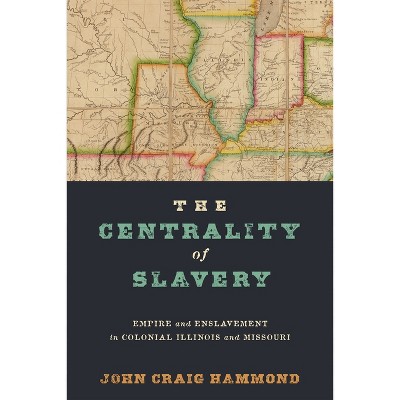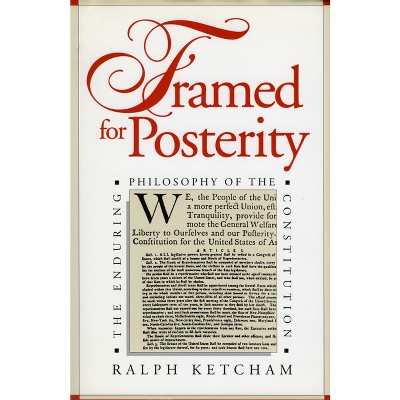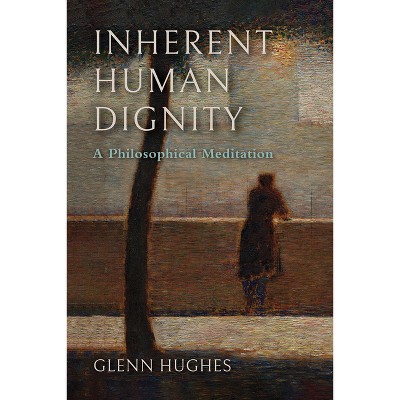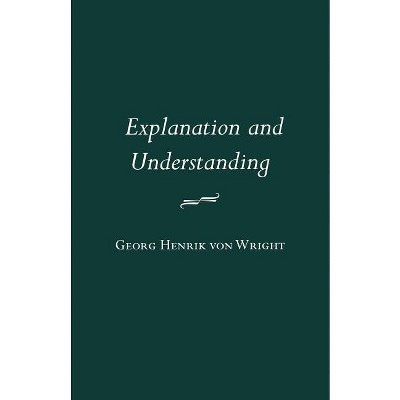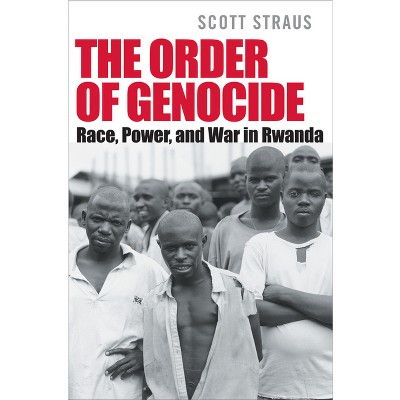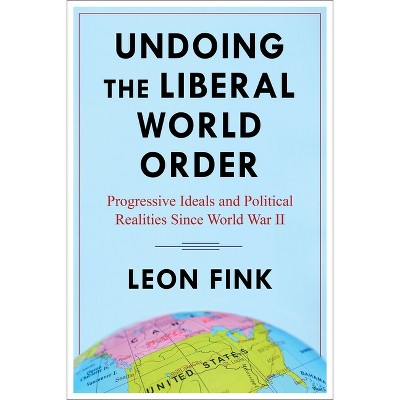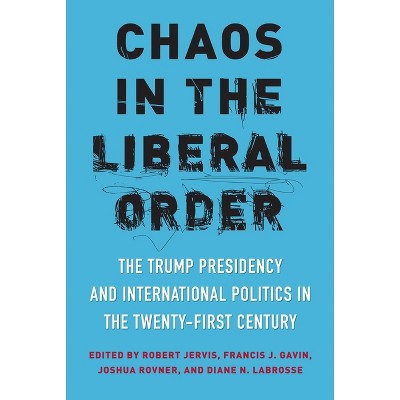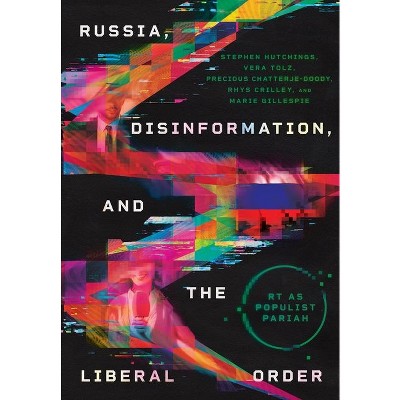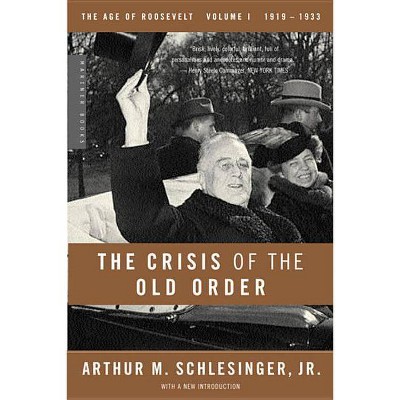Sponsored

A Liberal World Order in Crisis - by Georg Sørensen (Hardcover)
In Stock
Sponsored
About this item
Highlights
- The collapse of the bipolar international system near the end of the twentieth century changed political liberalism from a regional system with aspirations of universality to global ideological dominance as the basic vision of how international life should be organized.
- About the Author: Georg Sorensen is Professor of Political Science at the University of Aarhus.
- 232 Pages
- Political Science, Political Ideologies
Description
About the Book
In the last 20 years liberal democracies have not been able to create an effective and legitimate liberal world order. In A Liberal World Order in Crisis, Georg Sorensen suggests that this is connected to major tensions between two strains of liberalism.
Book Synopsis
The collapse of the bipolar international system near the end of the twentieth century changed political liberalism from a regional system with aspirations of universality to global ideological dominance as the basic vision of how international life should be organized. Yet in the last two decades liberal democracies have not been able to create an effective and legitimate liberal world order. In A Liberal World Order in Crisis, Georg Sorensen suggests that this is connected to major tensions between two strains of liberalism: a "liberalism of imposition" affirms the universal validity of liberal values and is ready to use any means to secure the worldwide expansion of liberal principles. A "liberalism of restraint" emphasizes nonintervention, moderation, and respect for others.
This book is the first comprehensive discussion of how tensions in liberalism create problems for the establishment of a liberal world order. The book is also the first skeptical liberal statement to appear since the era of liberal optimism--based in anticipation of the end of history--in the 1990s. Sorensen identifies major competing analyses of world order and explains why their focus on balance-of-power competition, civilizational conflict, international terrorism, and fragile states is insufficient.
Review Quotes
George Sorensen is a frienc of liberalism and of liberals, but a moderate, critical, and often sceptical one.... [His] volume offers perhaps the most lucid view of international order, as well as of the crisis of liberal internationalism, since Stanley Hoffmann's article on 'The Crisis of Liberal Internationalism' in Foreign Policy (1995) and since Andrew Hurrell's On Global Order (2006), which centred on the tension between solidarism and pluralism and has much in common with Sorensen's own theme.
--Pierre Hassner "Survival"About the Author
Georg Sorensen is Professor of Political Science at the University of Aarhus. He is the author of several books, including Democracy and Democratization: Processes and Prospects in a Changing World and Changes in Statehood: The Transformation of International Relations.
Shipping details
Return details
Trending Non-Fiction





